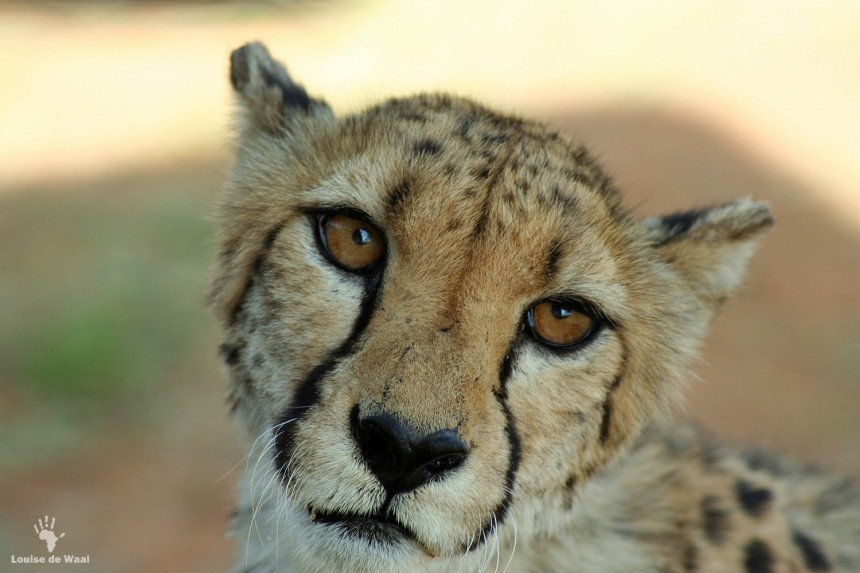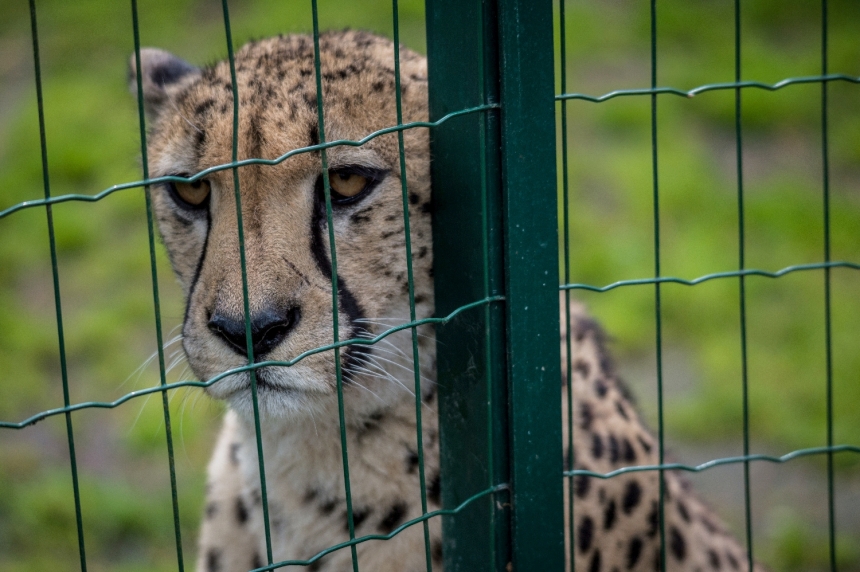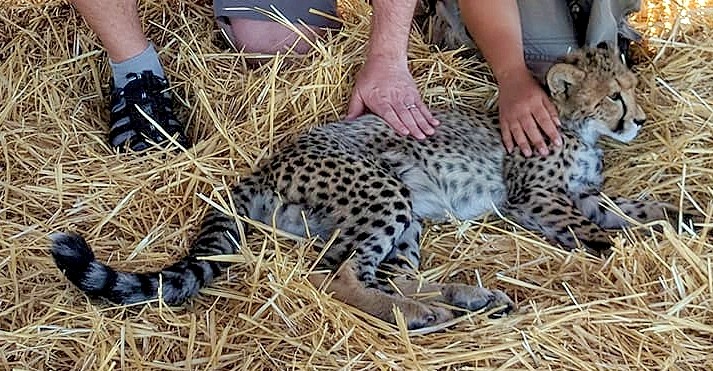Captive Bred Cheetahs – an epidemic in South Africa?
Free Roaming Cheetahs
Since 1975, we have lost half of our cheetah (Acinonyx jubatus) population worldwide with only an estimated 7,100 cheetahs left in the wild, confined to just 9% of its historical distributional range. Cheetahs are now predominantly found in Angola, Namibia, Zimbabwe, Botswana, South Africa, and Mozambique. For this reason, scientists are calling for a reclassification of the IUCN cheetah status from Vulnerable to Endangered.
Southern Africa is considered a regional stronghold for cheetah, with an estimated population of 4,500 adults, however its numbers are rapidly dwindling too. In South Africa, its status is classified as Vulnerable, mostly due to environmental pressures, such as habitat loss and fragmentation, and human-wildlife conflicts. The latter often leads to landowners illegally killing so-called “problem” animals.

Despite its Vulnerable status, South Africa has the third largest wild cheetah population worldwide with an estimated free roaming and managed metapopulation of between 1,200-1,700 animals. Around half of these free roaming cheetahs exist in our protected areas with Kruger National Park alone providing habitat for an estimated 400 cheetahs of all ages, according to a survey carried out in 2008-9.
The roughly other half of the free roaming cheetah population occurs on commercial farmland, mostly along the northern border of South Africa stretching from the Kruger National Park to the Kgalagadi Transfrontier Park.
Cheetahs in Captivity
In 2010, the number of cheetahs in captivity by comparison was already more than 600 kept in 79 different facilities.
Captive breeding generally happens under the banner of conservation – to reintroduce captive bred cheetah back into the wild and for the preservation of genetic material.

However, the true value of captive breeding is still very much in dispute. Here are some of the reasons why many conservationists quite rightly don’t believe in the conservation benefits of captive breeding of cheetahs:
Reintroduction issues:
- The reintroduction of cheetah into the wild is a long and expensive process with very low success rates, as was again shown in this study in Limpopo.
- It is suggested that after a number years in captivity, a species may not even preserve its unique biological and behavioural characteristics and therefore making the conservation efforts of captive breeding far less worthy.
Captive breeding issues:
- Cheetahs in captivity are extremely sensitive to stress and often display abnormal behaviour, such as pacing back and forth out of frustration, because their hunting and ranging instincts are denied.
- Furthermore, there is a high prevalence of disease in captive populations that is now thought to be caused by chronic stress suffered by cheetah in captive conditions, as well as an unnatural diet. The lack of high-energy fat in their diet may even cause depression.
- The wild cheetah population suffers from low genetic diversity due to the fact that they only just survived the megafauna extinction during the Pleistocene. As a result, the wild population have low sperm counts, increased susceptibility to disease, skeletal abnormalities and cubs frequently die before reaching adulthood. This low genetic diversity of the wild population easily leads to inbreeding in captivity.
- It is also believed that captive breeding poses a potential threat to the survival of the wild population through capture of wild individuals for captive breeding, often to prevent inbreeding (see also point above).
Potential for canned hunting:
- There is the potential for canned hunting of captive bred cheetahs and the large and growing captive population could easily provide a supply for this despicable practice. It’s likely only a matter of time and is therefore a huge issue of concern.
- Please note: Currently, the Threatened or Protected Species Regulations (TOPS) do not allow canned hunting of large predators with the exception of lions.
These points are by no means exhaustive, but clearly pose some serious questions around the necessity for and ethics of such a large captive bred cheetah population in South Africa.

- Photo credit: Jo-Anne McArthur – Born Free Foundation
Why do we have so Many Captive Bred Cheetahs in South Africa?
When we examine the legal trading of cheetah between breeding farms and tourism facilities in South Africa, we start to understand this growing and worrying trend of prolific captive breeding.
South Africa has a significant number of so-called ambassador cheetahs. The vast majority is bred in captivity and hand-reared specifically to be groomed as well-behaved ambassadors and not rescued from the wild and unable to be returned back, as is often believed.
An even more worrying trend is emerging of cheetah cub petting, where cubs are bred on demand specifically to fulfill the cuteness factor in wildlife facilities, such as Cheetah Outreach. The cuteness factor draws in the paying public, who have their picture taken while petting the cheetah cub.
Once the cubs outgrow the petting facility, they are often returned to the breeding facility to be used for further breeding, sold to zoos overseas, or traded to the Middle East, where many are kept as pets – purely a status symbol.

The excessive captive breeding is not the answer to the plight of cheetahs in the wild and this kind of animal exploitation has to stop. It has no part to play in our current tourism industry and South African Tourism has taken a firm stance on the issue of animal interaction.

Our #HandsOffOurWildlife campaign and many other lobby groups globally urge people to stop supporting ANY wildlife facility that promotes hands-on interactions with cheetahs, or any other wildlife for that matter, whatever conservation or rescue story they spin.



This is excellent Louise – am passing it on………..well done.
Thank you Carol ❤
Pingback: Captive Bred Cheetahs – An Epidemic in South Africa? | Cheetah Conservation Fund UK
Pingback: Cheetahs – Planeta.com
Pingback: Cheetah Outreach: Does the End Justify the Means? | Green Girls in Africa